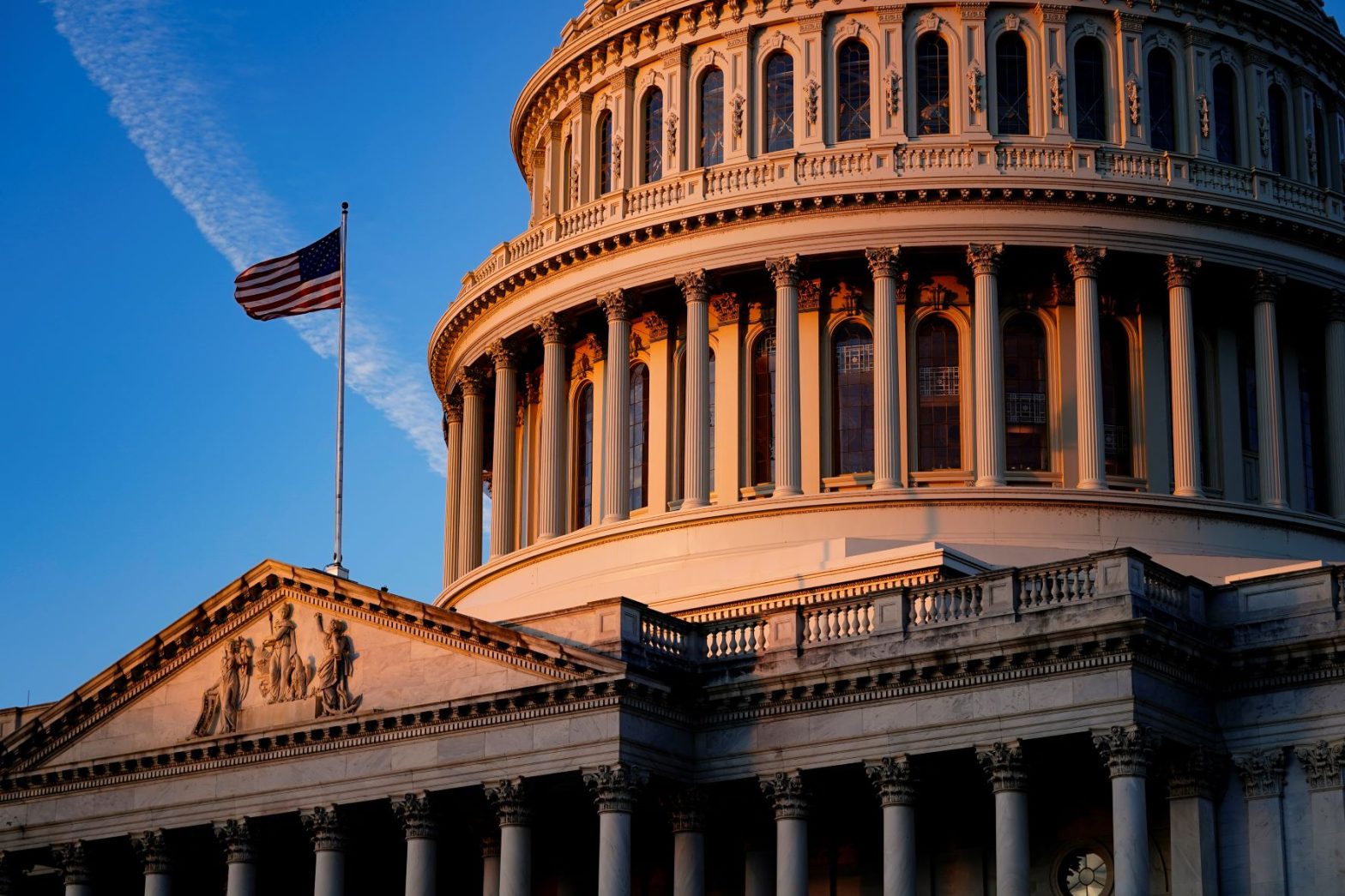House Passes Defense Authorization Bill With Strong Bipartisan Support

WASHINGTON— The House on Tuesday evening passed the National Defense Authorization Act, sending it to the Senate after an overwhelmingly bipartisan 363-to-70 vote.
The Senate is expected to take the measure up by Friday.
In the end, 169 Democrats and 194 Republicans wound up voting for the bill, while 51 Democrats and 19 Republicans voted against it. House Speaker Nancy Pelosi was the only member to not vote.
Because leadership from both chambers agreed to the final language of the bill, the vote in the Senate is expected to break down in a similar fashion. The authorization will then be sent on to the White House for President Biden’s signature.
According to the Congressional Research Service, the National Defense Authorization Act provides authorization of appropriations for the Defense Department, nuclear weapons programs of the Energy Department and other defense-related activities.
In addition to serving as an authorization of appropriations, the NDAA establishes defense policies and restrictions and addresses organizational administrative matters related to the Defense Department.
Unlike an appropriations bill, the NDAA does not provide budget authority for government activities.
But because it authorizes an annual pay increase for the nation’s troops, among other things, it typically sails through Congress as a must-pass item.
Not this year, however, as Capitol Hill became enmeshed in partisan squabbling and internal party bickering over the bipartisan infrastructure bill, President Biden’s social spending and climate change package, funding the federal government and raising the debt ceiling.
The NDAA is usually a vehicle for members of both the House and Senate to secure approval for pet projects via amendments, but this year saw many high profile amendments tossed by the wayside at the 11th hour, including one that would have required women to register for the draft and another that would have imposed sanctions over an undersea Russian gas pipeline.
What the final bill did include are increases for provisions intended to counter an increasingly competitive and aggressive China and Russia and to support Ukraine, where fears of a Russian invasion are growing by the day.
In the end, the $768 billion bill that passed the House Tuesday evening is about $24 billion higher than what was proposed by Biden.
The House bill also bars the Defense Department from procuring items produced with forced labor by Uyghurs living in work camps in the Xinjiang region of China.
The Uyghur issue became a flashpoint in Congress in recent weeks after Sen. Marco Rubio, R-Fla., introduced his own measure on the procurement issue. Rubio and allies like Sen. Mitt Romney, R-Utah, claimed Democrats didn’t want to support the Senate measure because it would curb the Biden administration’s ability to buy “batteries” and other products needed to fulfill its build back better programs.
Pelosi and her allies countered that the Rubio bill was flawed because it unconstitutionally impinged on the House’s power of the purse.
Privately, a number of House Democrats said the House measure will impose more stringent prohibitions against purchasing Uyghur-made goods than the proposed Senate measure does.
The House bill includes a 2.7% pay raise for the nation’s military and, significantly, strips military commanders of authority over sexual assault cases, placing them under the jurisdiction of independent military prosecutors.
It also establishes a “multi-year independent Afghanistan War Commission” which will be charged with examining the entire 20-year conflict up to the U.S. military withdrawal in August of 2021.
The bill states the commission is required to provide in-depth reports to Congress about the United States’ ability to counter terrorism in the region, military equipment left in the country and plans to evacuate American citizens and “Afghan allies” who are still there, the summary states.
Dan can be reached at [email protected] and at https://twitter.com/DanMcCue.























